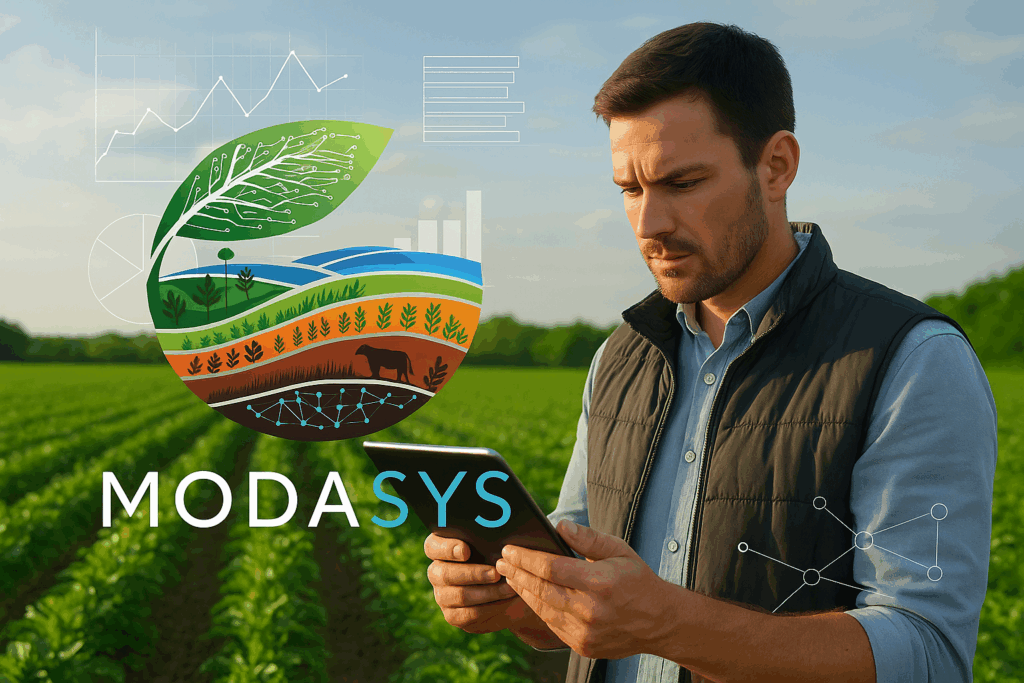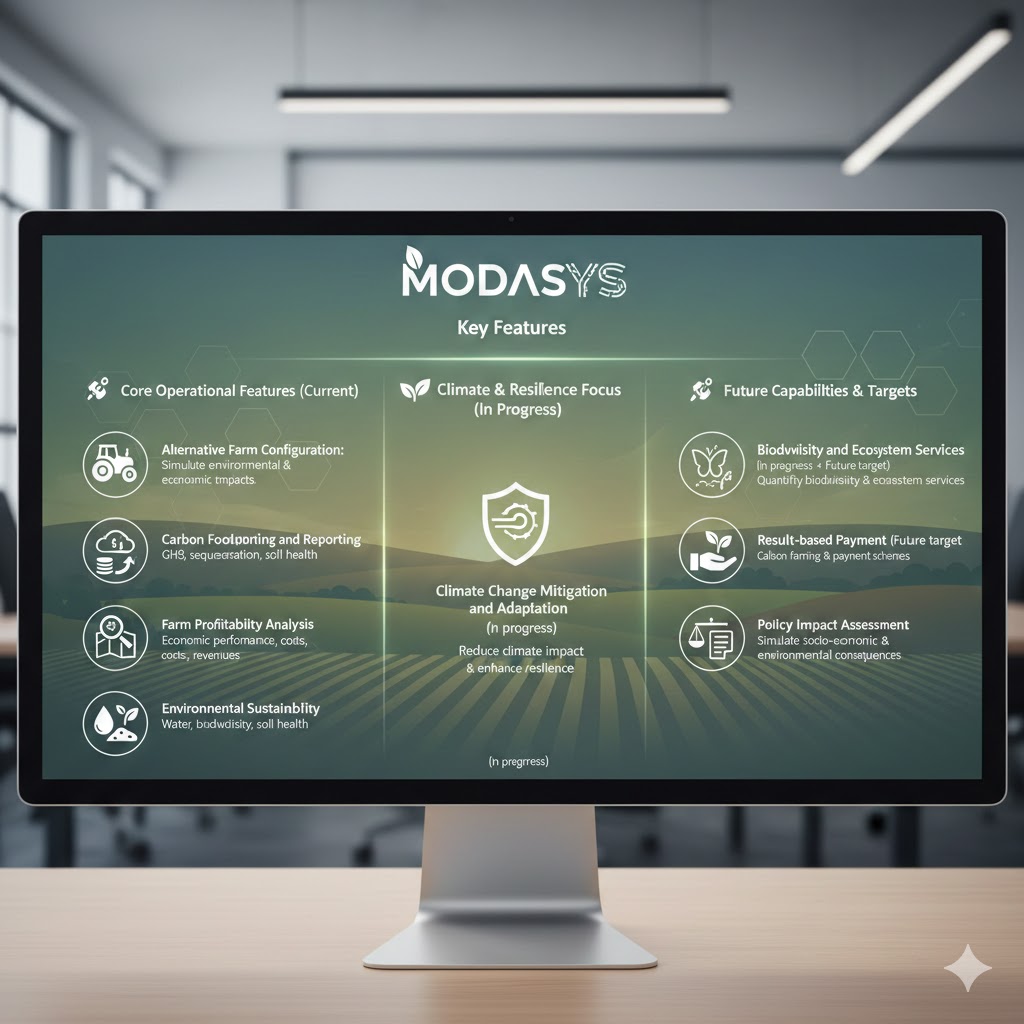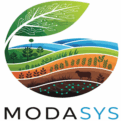MODASYS: Bridging Science & Policy for Sustainable Agriculture
MODASYS is a quantitative and qualitative modelling framework designed to optimise land use and management strategies for climate-resilient agri-environmental and ecosystem services. It provides end users with an integrated, system-based tool and equips decision-makers with the foresight required to support a sustainable and resilient agricultural future.

Key Features

- Alternative Farm Configuration: The model enables users to explore and simulate the environmental and economic impacts of hypothetical changes in farm management practices or land use.
- Carbon Footprinting and Reporting: It provides a transparent report of the farm’s production, greenhouse gas (GHG) emissions, carbon sequestration potential, soil health and inventory reporting.
- Farm Profitability Analysis: It estimates the economic performance of different farm scenarios, detailing costs, revenues, and overall financial viability.
- Data-Driven Decisions: It moves from assumption to actionable insights by analysing raw farm data spatially to provide site-specific recommendations.
- Climate Change Mitigation and Adaptation: It identifies and evaluates best management practices that simultaneously reduce climate impact and enhance the farm’s resilience to changing climate conditions (in progress).
- Biodiversity and Ecosystem Services: It quantifies the impact of farm management scenarios on biodiversity indicators and the resulting provision of key ecosystem services, revealing trade-offs and synergies (in progress + Future target).
- Result-based Payment: It assesses the threshold and thereby environmental outcomes required for carbon farming and result-based payment schemes (Future target).
- Environmental Sustainability: It helps to design and optimise farm practices that achieve concurrent improvements across multiple environmental indicators like water quality, biodiversity, and soil/land health.
- Policy Impact Assessment: Quantify the trade-offs and synergies of potential agricultural policies before implementation by simulating their socio-economic and environmental consequences to inform effective policy design (Future target).
